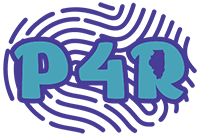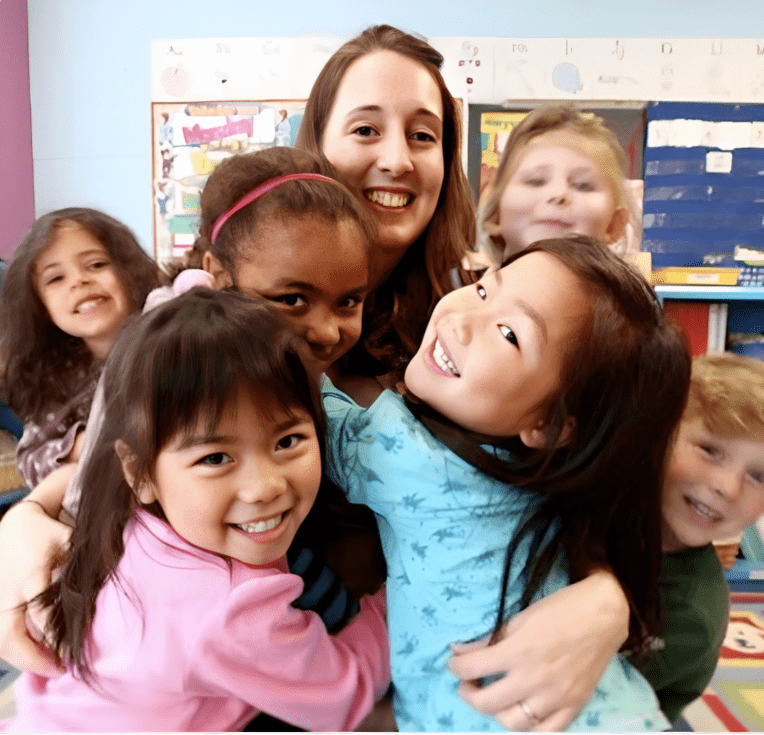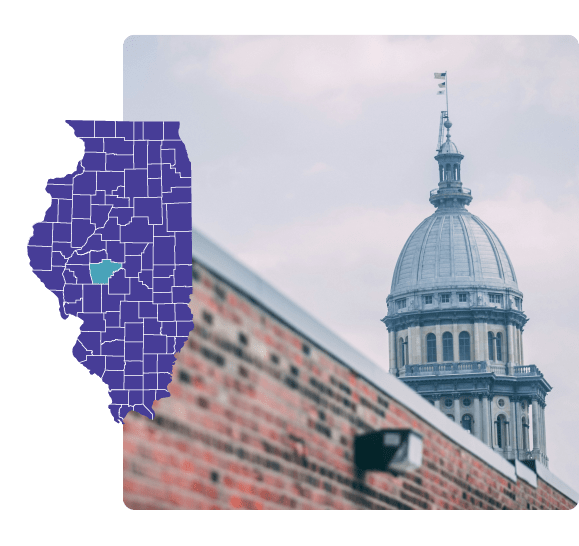What is SRI?
SRI is the Springfield Resiliency Initiative, a joint adventure between Springfield Public School District #186 and Springfield Education Association in consultation with the Partnership for Resilience to guide a cohort of schools in transforming into trauma responsive, equity centered, restorative schools.
SRI Partnering School District:
Who guides the SRI?
The work of the Springfield Resiliency Initiative is guided by the Partnership for Resilience, District SRI Support Leader and the SRI Steering Committee.
The Partnership for Resilience works to improve academic, health, and social outcomes for children by fostering trauma-responsive schools and effective family, school, health, and community partnerships. They are currently leading work in the South suburbs (Southland Project) and Southern Illinois (Resilient Southern Illinois), as well as Springfield.
The Steering Committee
The Steering Committee is comprised of district leaders: Superintendent Jennifer Gill, Dr. Nicole Moody, Jamar Scott, and Terrance and Jordan, the SRI Coordinator, Gail Neely Kolbeck, Kristine Argue-Mason, Executive Director, Partnership for Resilience, Courtney Goss, school site representative, Dr. Nicole Florence, Memorial, Dr. Meghan Kessler and Betsey Goulet, University of Illinois-Springfield, SEA President Angie Meneghetti, IEA UniServ Director, Sean Burns, and Michael Phelon, the Outlet.
The work of the Steering committee is focused on shaping and adjusting the initiative’s overall design and operation. Troubleshoots problems that may arise throughout the implementation including protecting the autonomy of the cohorts Resiliency Team. Works to bring in outside resources (money, partners and allies) to the table and to promote the project within the district, union and community at large.
What does it mean to be a Trauma-Responsive school?
Schools utilize a holistic equity centered approach to understand the physiological impact and effect of adversity on a student’s social, emotional and cognitive development.
The school’s culture and climate emphasize safe supportive spaces with nurturing and developmentally appropriate social, emotional and academic supports and interventions for all stakeholders.
Embeds a universally restorative and preventative approach vs a zero tolerance, punitive and reactive approach to discipline.
School staff are willing collaborators in their personal development and practice of social emotional skills thereby promoting the capacity for regulation, connection and learning amongst all stakeholders.






